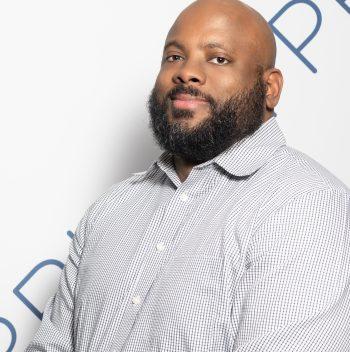
Eric L. McDaniel, a PRRI public fellow, teaches at the University of Texas.
Posts By This Author
Why Are People Dying to Go to Church?
Most Americans oppose opening churches too soon. But some believe God offers them special protection.
DURING THE COVID-19 pandemic, most Americans have respected government directives to keep in place and avoid participating in large gatherings. Now, several months into this crisis, governors are loosening restrictions or expanding exemptions, including for religious institutions. An April poll by the Public Religion Research Institute found that 77 percent of Americans oppose such loosening.
However, there is a contingent of Americans openly opposing self-isolation policies, especially among the religious community. A third of white evangelical Protestants support loosening restrictions, and their pastors have thumbed their noses at health and safety restrictions. Even in April, President Trump was pushing hard to have churches packed by Easter, in contradiction to the directions of public health authorities.
Why are so many willing to risk their lives—and the lives of others—to attend a worship service? For centuries, a sector of American Christianity has believed itself to be citizens of “God’s special nation,” and they are willing to risk contracting the potentially deadly COVID-19 to prove they are God’s chosen.
Americans are outliers regarding levels of religious fervor. As income and industrialization increase in nations, religiosity is expected to decrease—the U.S is the exception and the most religious nation (by statistics) among its industrialized counterparts. Religion is so deeply entwined with American culture that a 2015 PRRI poll found that two-thirds of Americans agree that believing in God was very or somewhat important to being truly American.
